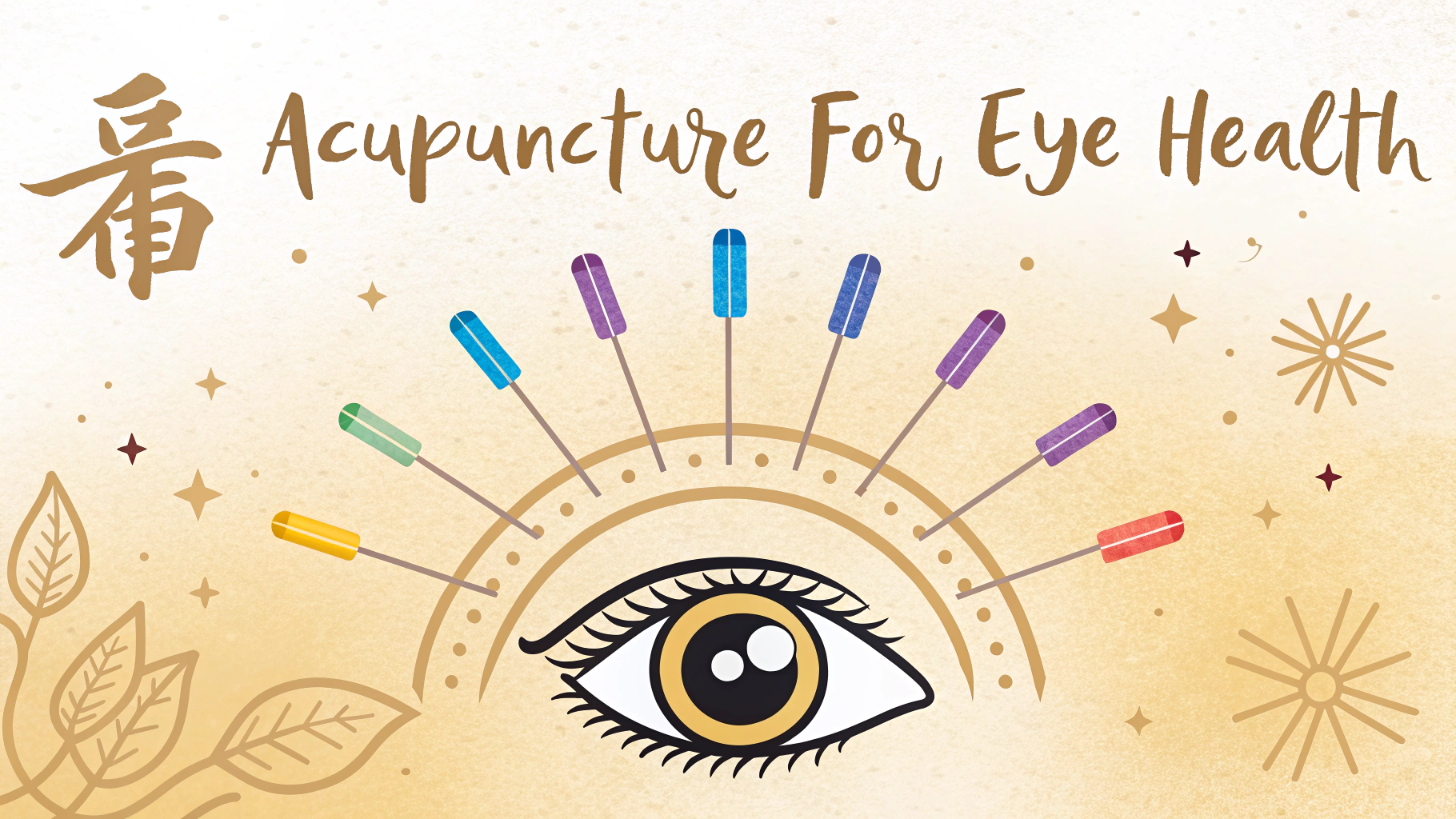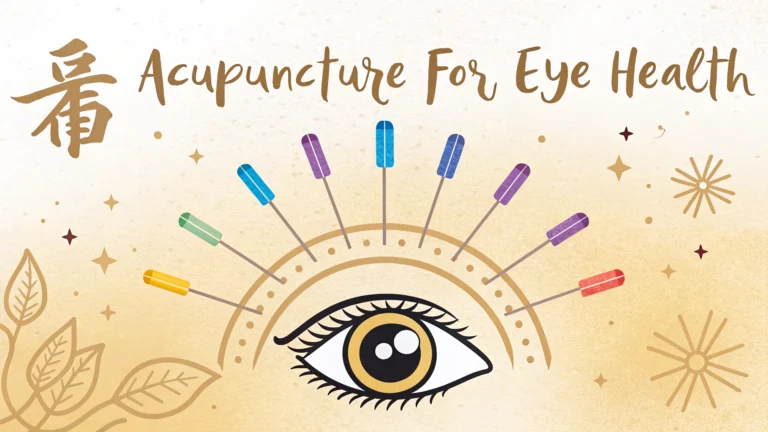The relationship between acupuncture and depression treatment has gained significant attention in medical research over the past decade.
Clinical studies have shown promising results in using acupuncture as a complementary therapy alongside conventional depression treatments.
Research from major institutions, including the National Institutes of Health, suggests acupuncture may help regulate neurotransmitters and hormones associated with mood regulation.
Key Research Findings
- A 2020 meta-analysis in the Journal of Clinical Medicine found that acupuncture combined with antidepressants showed better outcomes than medication alone
- Research from Harvard Medical School demonstrated reduced inflammation markers in patients receiving acupuncture for depression
- Studies indicate 8-12 weekly sessions may be optimal for seeing improvements in depressive symptoms
How Acupuncture Affects Depression
Acupuncture stimulates specific points that may increase the production of serotonin and other mood-regulating chemicals.
Acupuncture Point
Location
Reported Benefits
GV 20
Top of head
Mood lifting, anxiety reduction
HT 7
Inner wrist
Emotional balance, sleep improvement
LI 4
Hand
Stress relief, tension reduction
Treatment Protocols
Standard treatment typically involves 30-60 minute sessions, once or twice weekly for 8-12 weeks.
Recommended Treatment Schedule:
- Initial phase: 2 sessions per week for 4 weeks
- Maintenance phase: 1 session per week for 4-8 weeks
- Follow-up: Monthly sessions as needed
Finding Qualified Practitioners
Look for practitioners certified by the National Certification Commission for Acupuncture and Oriental Medicine (NCCAOM).
Contact the American Association of Acupuncture and Oriental Medicine at 1-866-455-7999 or visit www.nccaom.org to find certified practitioners.
Safety and Considerations
- Always inform your healthcare provider before starting acupuncture treatment
- Continue prescribed medications unless advised otherwise by your doctor
- Report any adverse effects to both your acupuncturist and primary care physician
Insurance Coverage
Many insurance providers now cover acupuncture for mental health treatment, typically requiring a referral from a primary care physician.
Moving Forward with Treatment
Track your symptoms and response to treatment using a mood journal or mobile app.
Consider combining acupuncture with other evidence-based treatments like counseling and lifestyle modifications for optimal results.
Contact the Depression and Bipolar Support Alliance at 1-800-826-3632 for additional resources and support during your treatment journey.
Cost Considerations
Treatment costs typically range from $75-150 per session, with some practitioners offering sliding scale fees.
- Initial consultation: $100-200
- Follow-up sessions: $75-150
- Package deals often available for multiple sessions
Integrating with Other Therapies
Acupuncture can be effectively combined with various treatment modalities:
- Cognitive Behavioral Therapy (CBT)
- Mindfulness practices
- Exercise programs
- Nutritional counseling
Research Developments
Ongoing studies are investigating:
- Optimal treatment frequencies
- Long-term effectiveness
- Comparison with other alternative therapies
- Impact on specific depression subtypes
Taking the Next Step in Depression Management
When considering acupuncture for depression treatment, begin with a consultation to develop a personalized treatment plan. Maintain open communication with all healthcare providers and track progress regularly.
- Discuss treatment goals with your healthcare team
- Research qualified practitioners in your area
- Verify insurance coverage and payment options
- Commit to the recommended treatment schedule
Remember that successful depression management often requires a multi-faceted approach, with acupuncture serving as one valuable component in your overall treatment strategy.
FAQs
- What does recent research say about acupuncture’s effectiveness for depression?
Recent clinical studies indicate that acupuncture can effectively reduce depressive symptoms, particularly when combined with conventional treatments. Meta-analyses show it may be as effective as some antidepressants, with fewer side effects. - How does acupuncture work to treat depression?
Acupuncture stimulates specific points that trigger the release of neurotransmitters like serotonin and endorphins, while also reducing inflammation and regulating stress hormones like cortisol in the body. - How many acupuncture sessions are typically needed for depression treatment?
Most research protocols recommend 2-3 sessions per week for 8-12 weeks, with maintenance sessions afterward. Individual treatment plans vary based on severity and response. - What specific acupuncture points are targeted for depression?
Common points include GV20 (Baihui), HT7 (Shenmen), PC6 (Neiguan), and LI4 (Hegu), which are associated with mood regulation and stress reduction according to clinical studies. - Can acupuncture be used alongside antidepressant medications?
Yes, research shows acupuncture can safely complement conventional antidepressant treatments, potentially enhancing their effectiveness and reducing side effects. - What are the success rates of acupuncture for depression treatment?
Clinical trials indicate success rates of 50-70% in reducing depressive symptoms, though results vary by individual and study methodology. - Are there any risks or side effects of using acupuncture for depression?
Minor side effects may include slight bruising or soreness at needle sites. Serious adverse effects are rare when performed by licensed practitioners. - How long do the effects of acupuncture treatment for depression last?
Studies show benefits can last several months after treatment completion, though individual results vary. Many patients require maintenance sessions every 4-8 weeks. - What types of depression respond best to acupuncture treatment?
Research indicates mild to moderate depression, particularly when stress-related, shows the most consistent positive response to acupuncture intervention. - Does insurance typically cover acupuncture for depression?
Coverage varies by provider and location. More insurance companies are now covering acupuncture for mental health conditions as evidence for its effectiveness grows.
Author: AcupunctureMy
Related Posts
Acupuncture Research Standards
Research Corner
|
methodology, science
Research standards in acupuncture have evolved significantly over the past decades to ensure reliable, evidence-based results that can be replicated across different studies. The integration of modern scientific methods with ... Read more
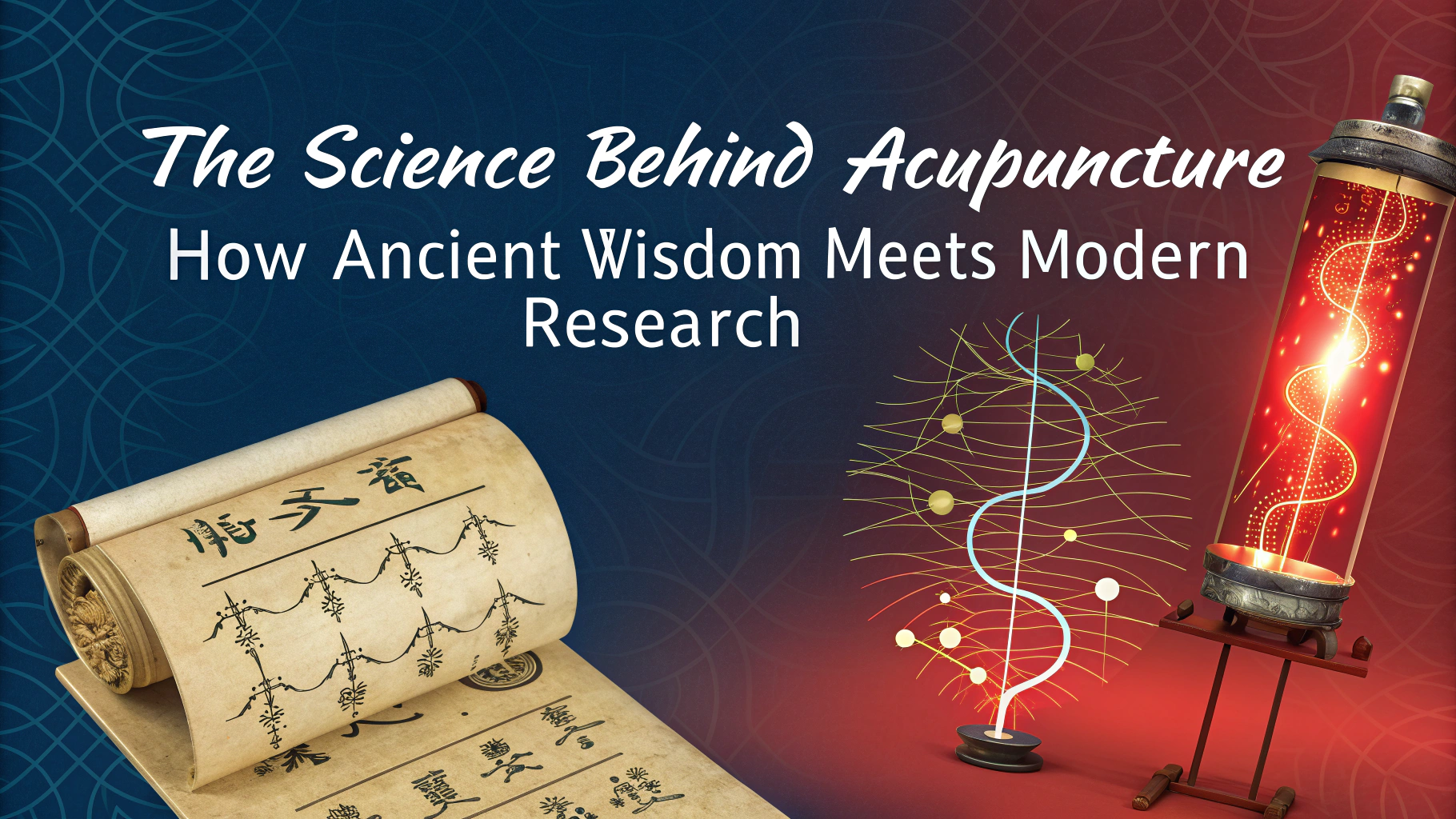
Understanding Treatment Duration
Treatment Guides
|
expectations, planning
The length of an acupuncture treatment plan varies significantly based on individual health conditions and treatment goals. A typical acupuncture session lasts between 30-60 minutes, with the needles remaining in ... Read more
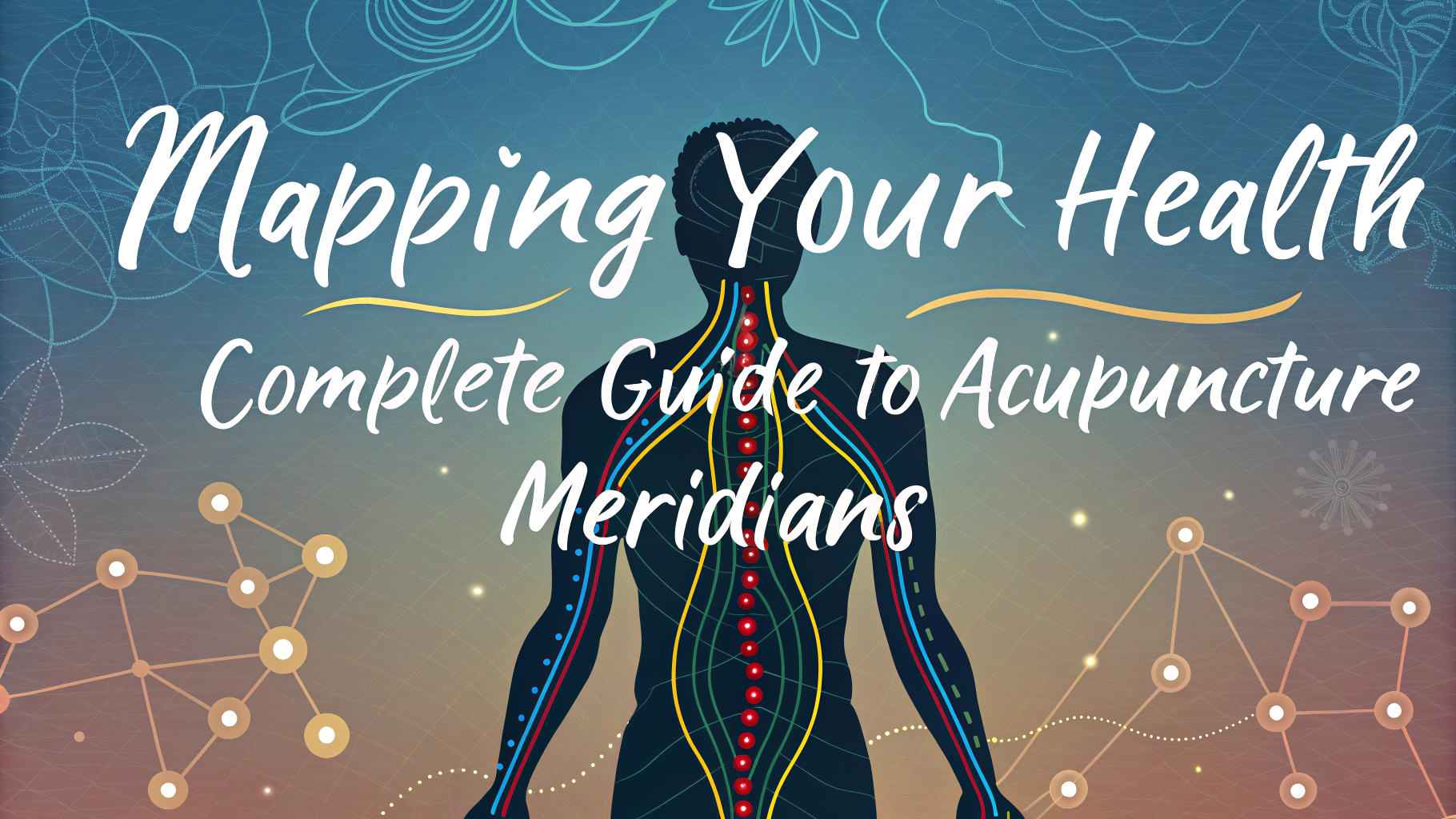
Traditional Chinese Medicine Weather Theory
Fundamentals
|
environment, health
Traditional Chinese Medicine (TCM) recognizes intricate connections between weather patterns and human health, developing sophisticated frameworks for understanding these relationships over thousands of years. Weather changes can significantly impact our ... Read more
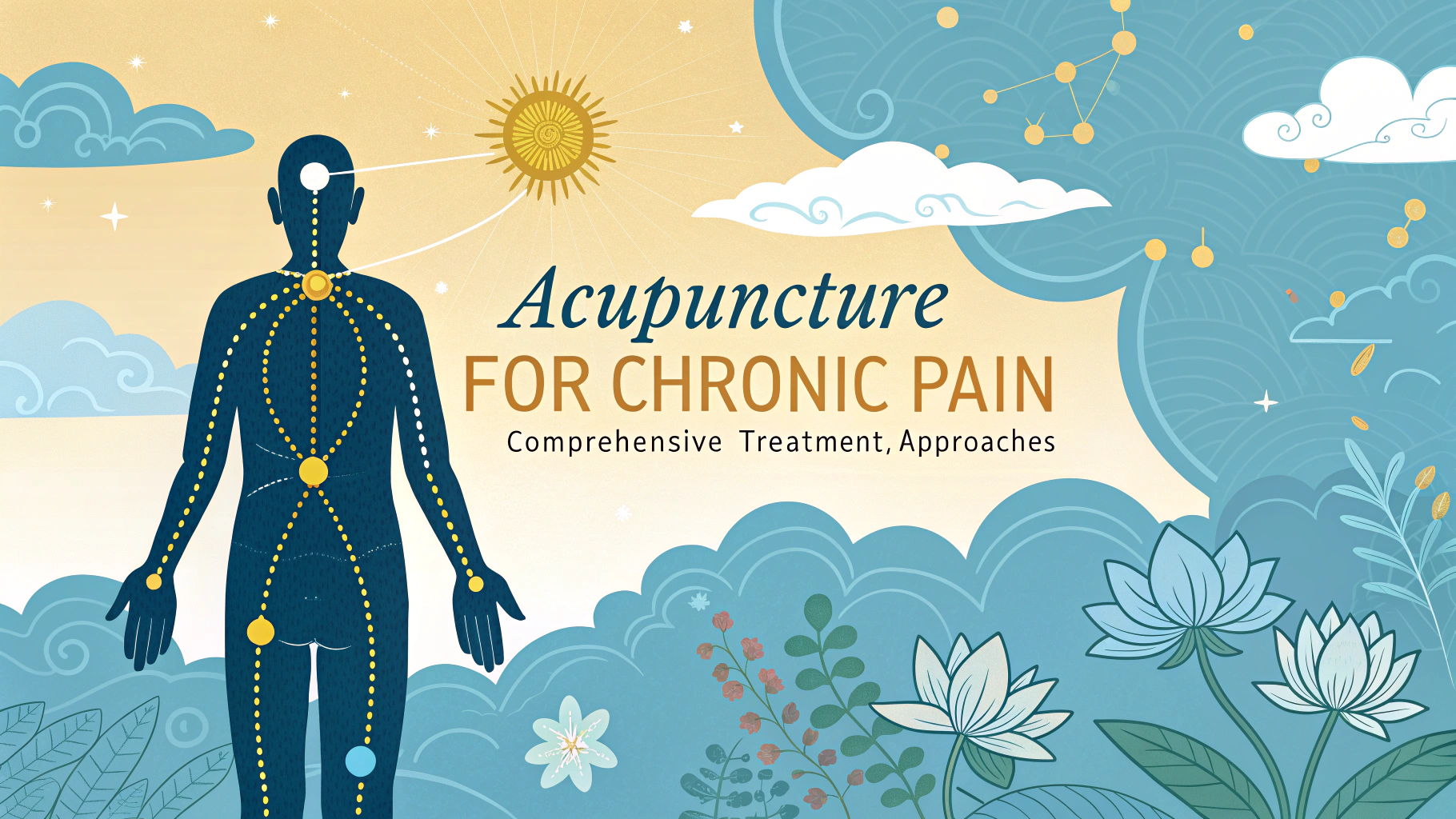
Acupuncture for Sinus Health
Conditions Treated
|
allergies, respiratory
Acupuncture offers a time-tested approach to managing sinus problems by targeting specific pressure points that can help relieve congestion, reduce inflammation, and restore proper sinus function. Traditional Chinese Medicine views ... Read more
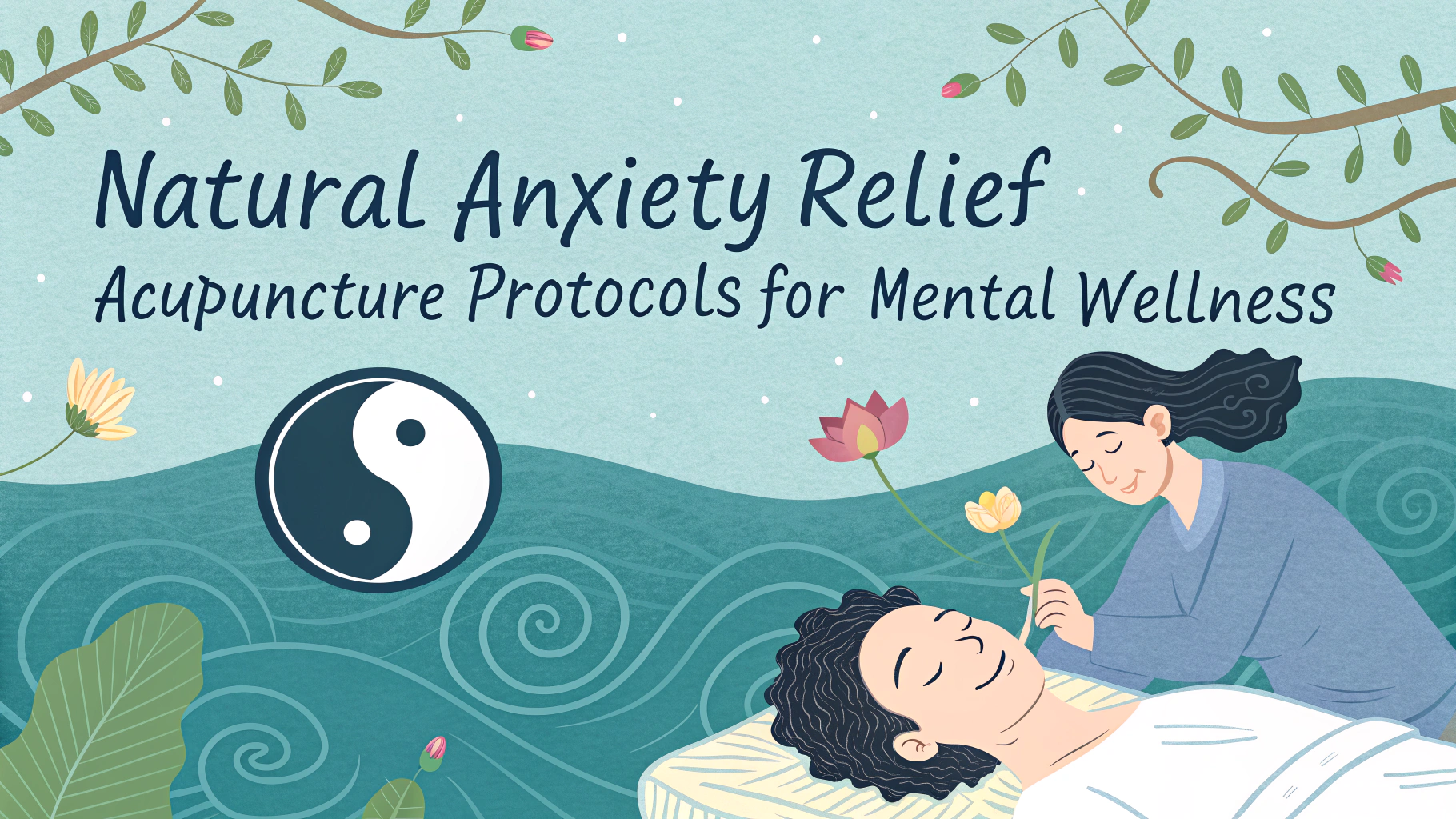
Understanding Point Selection
Fundamentals
|
technique, theory
Point selection stands as one of the most important aspects of effective acupuncture treatment. Skilled practitioners combine traditional wisdom with modern understanding to identify the optimal points for each patient’s ... Read more
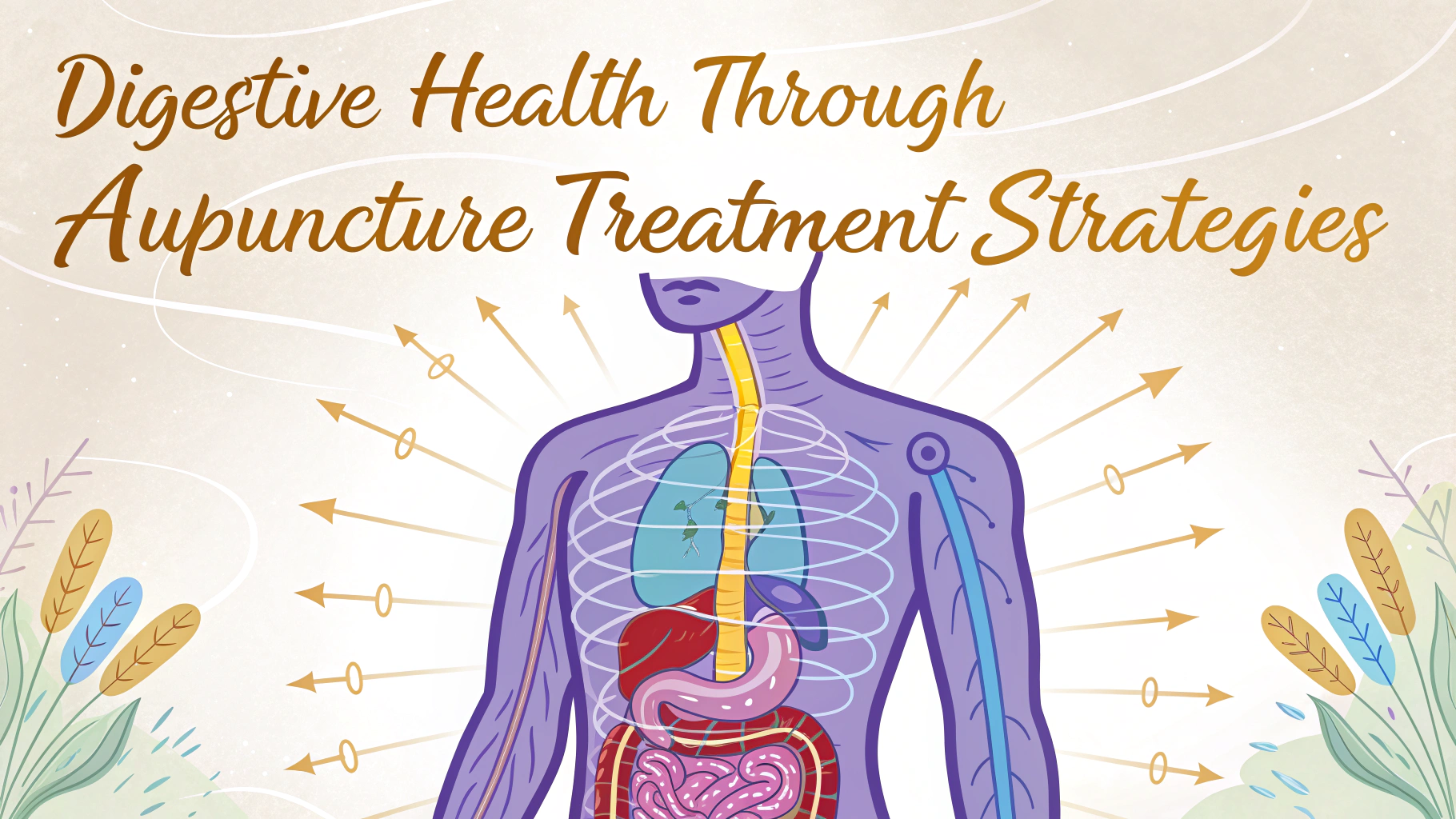
Treating Computer-Related Pain
Conditions Treated
|
ergonomics, pain
Computer-related pain affects millions of people who spend long hours working at their desks. Acupuncture offers a natural, effective treatment option for various musculoskeletal issues that develop from prolonged computer ... Read more
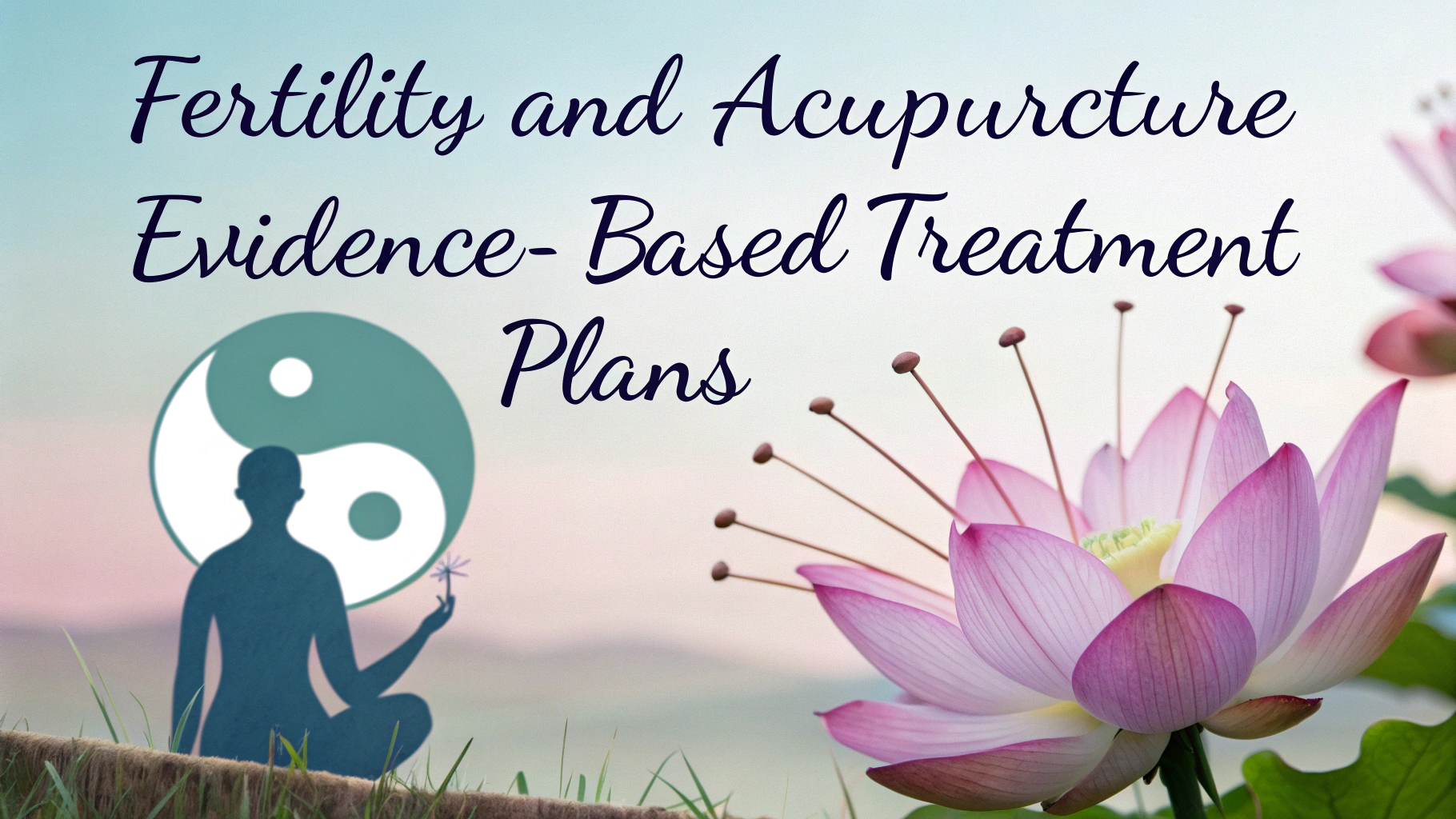
Acupuncture for Lymphatic Health
Conditions Treated
|
circulation, immunity
Acupuncture offers a time-tested approach to supporting lymphatic health through strategic needle placement and gentle stimulation techniques. This ancient Chinese medicine practice helps activate lymph flow, reduce swelling, and enhance ... Read more
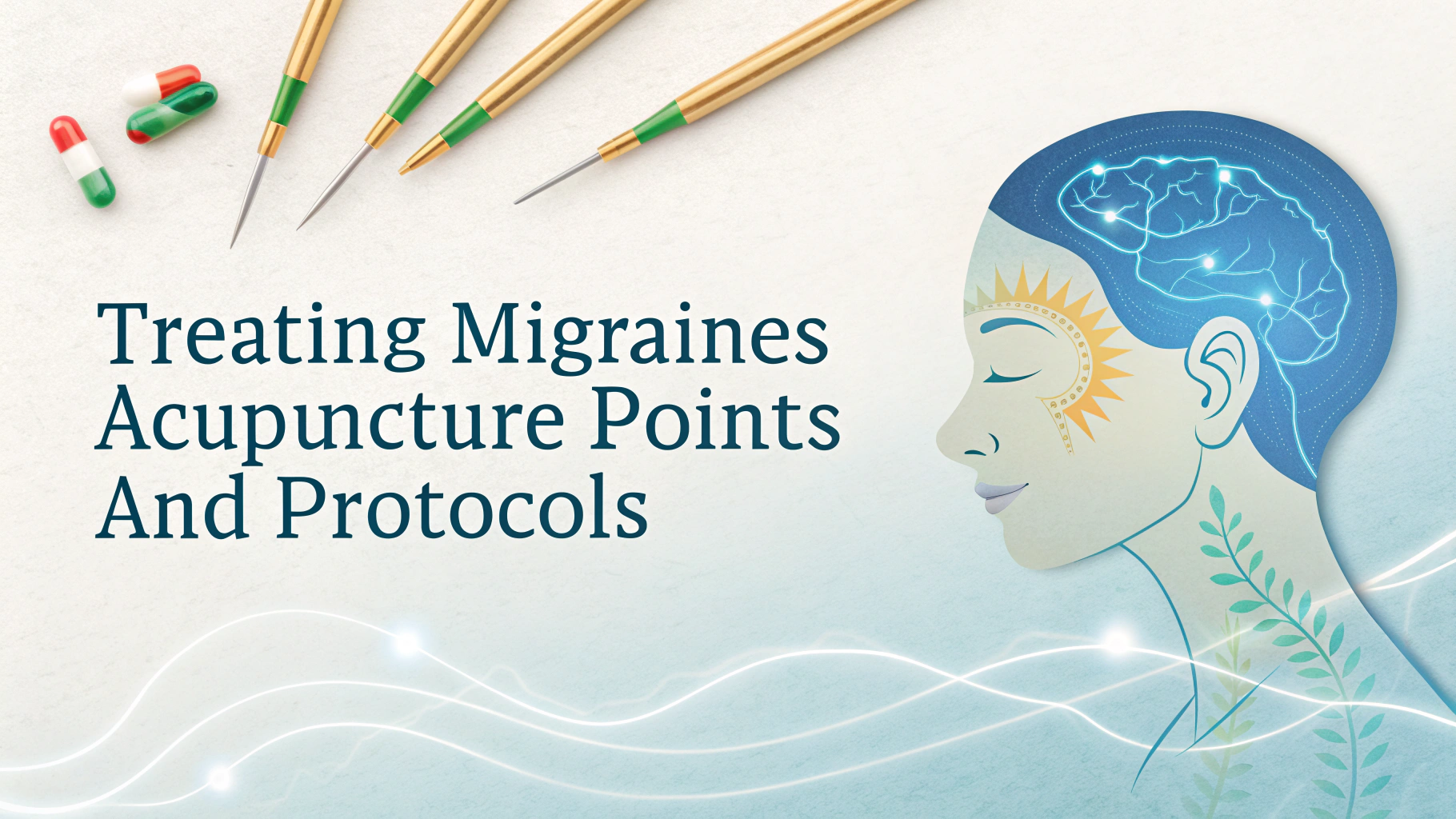
Understanding Treatment Intervals
Treatment Guides
|
frequency, scheduling
Treatment intervals for acupuncture can significantly impact the effectiveness of your healing journey. The frequency of acupuncture sessions depends on your specific health condition, severity of symptoms, and overall treatment ... Read more
